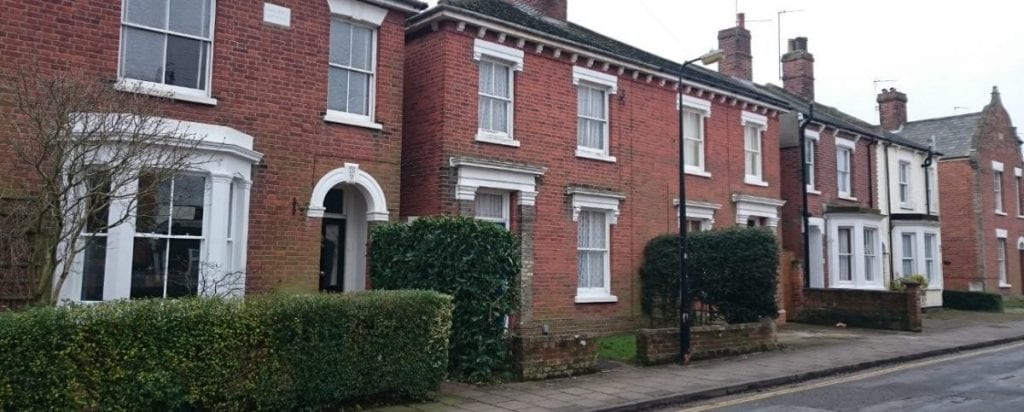Suing the bank for wrongful foreclosure: What you Must Know
The great recession of 2008 was mainly due to lenders’ misconduct with regard to home mortgages. The crisis had severe and far-reaching effects on the world’s economy, especially in the banking and housing sectors. The federal government and several other states have since put in place stronger policies to protect homeowners from mortgage lender misconduct. Unfortunately, we are still experiencing the effects of that crisis to date. One of which has been the practice of wrongful foreclosure. Millions of homeowners have been affected by these unscrupulous practices. The good news is, now you can legally battle to keep your home.
What Is Wrongful Foreclosure?
Wrongful foreclosure is simply foreclosure that’s carried out using improper methods. Some lenders get trigger-happy in their quest to make as much profit as possible. As a result, they use unethical, intimidating, and inappropriate methods with the aim of taking away the right to redeem a mortgage. This has resulted in several families losing their homes unfairly. If you don’t act quickly, wrongful foreclosure can have devastating effects. For starters, it appears on your credit report as a foreclosure, making it almost impossible to get a mortgage in the future. It’s also emotionally distressing, especially when you lose your home and your loved ones are displaced out of the home.
Penalties
If your lender has unfairly forfeited your property, it’s important to speak up and fight to avoid foreclosure. The punishments for wrongful foreclosure can take different forms, including punitive damages and compensatory damages such as emotional distress. Once your wrongful foreclosure action is successful, you may be entitled to compensation for legal fees and most importantly, your lender will be stopped from foreclosing.
Lawsuit
When proving wrongful foreclosure, the most likely end result is a settlement. In other words, the lender will resolve the matter with a cash offer, title of the property, value of the property, or your equity in the property. In addition, if the lender committed fraud or acted with malice, you may recover punitive damages. There are, however, a number of factors that will determine how much you get in the settlement. They include:
Mortgage Amount
Being behind on mortgage payments doesn’t mean your lender can do whatever they want. There are several requirements and legal procedures that must be taken before forfeiting a property. Depending on how egregious the lender’s error is, you could receive compensation equivalent to the value of the property.
HBOR
One of the strongest defences for people facing foreclosure is the HBOR (Homeowner Bill of Rights). The most important provision of the HOBR is that it restricts dual-tracking –this occurs when a lender proceeds with foreclosure while the borrower is in the middle of getting a loan reviewed for a modification. Dual-tracking regulations can be a bit complicated. However, an attorney can help prove if a claim exists. If it does, the sale can be stopped and the lender will be required to cover your attorney fees.









